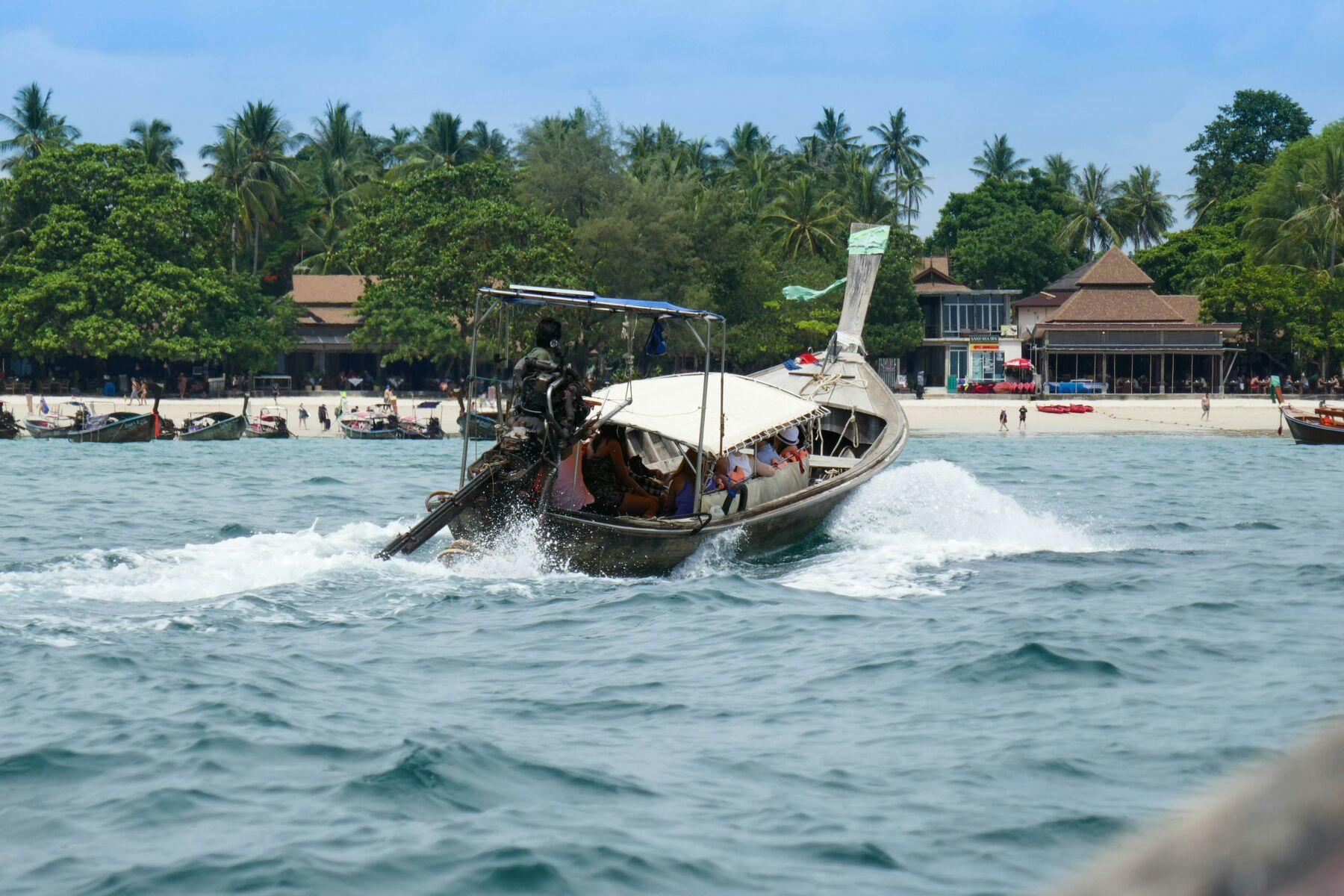Record sea temperatures leave Thai corals feeling the heat

Sea surface temperatures on Thailand’s eastern gulf coast hit record highs during a regional heatwave, causing significant coral bleaching and threatening the local marine ecosystem. This poses severe risks to tourism and the livelihoods of local communities.
Marine biologists and locals are alarmed by the impact of rising sea temperatures on marine life. The vibrant and colourful corals, typically found about 5 metres underwater, have turned white, indicating extensive coral bleaching. This phenomenon is a clear sign of deteriorating coral health due to the elevated water temperatures.
Data indicates that sea surface temperatures in the Eastern Gulf of Thailand reached 32.73 degrees Celsius (90.91 F) earlier this month. Underwater readings are slightly warmer, with dive computers showing around 33 degrees Celsius. Lalita Putchim from the Department of Marine and Coastal Resources (DMCR) expressed deep concern after diving into the gulf.
“I couldn’t find a single healthy coral. Almost all species have bleached; there’s very little that’s not affected.”
The Trat archipelago, which includes over 66 islands and more than 28.4 square kilometres of coral reef, has been severely affected. Lalita reported that up to 30% of the coral life in the area is experiencing bleaching, with 5% already dead. If water temperatures remain high, more coral will perish, exacerbating the ecological crisis, said Lalita.
“It’s global boiling, not just global warming.”
The impact on marine life
The rising temperatures are also impacting other marine life and the livelihoods of local fishermen. Sommay Singsura, a fisherman, has seen his daily catch decrease significantly in recent years. Previously, he could make up to 10,000 baht (US$275) a day, but now he sometimes returns empty-handed.
“There used to be jackfish, short mackerel, and many others… But now, the situation isn’t good. The weather isn’t like what it used to be.”
Coral reefs are vital as both a food resource and habitat for marine life, as well as natural barriers that prevent coastal erosion. Scientists warn that if coral bleaching leads to a decrease in marine life, fishermen will need to spend more to get their catch, potentially driving up selling prices. Sarawut Siriwong, dean of the Faculty of Marine Technology at Burapha University, emphasised the broader implications:
“While this coral bleaching affects food security, it also puts the income stability of the community at stake.”
The deteriorating marine environment and the threat of heatstroke present significant challenges for Thailand’s tourism industry. Visitors who come to the eastern Gulf Coast for its natural beauty and marine attractions may find their plans disrupted by the extreme temperatures and declining marine health. The need for urgent action to address climate change and its effects on Thailand’s ecosystem and economy is increasingly evident.
Latest Thailand News
Follow The Thaiger on Google News:


























